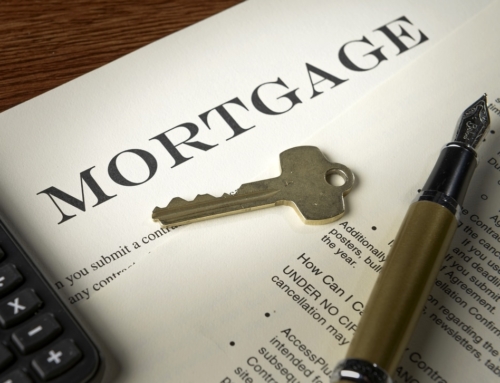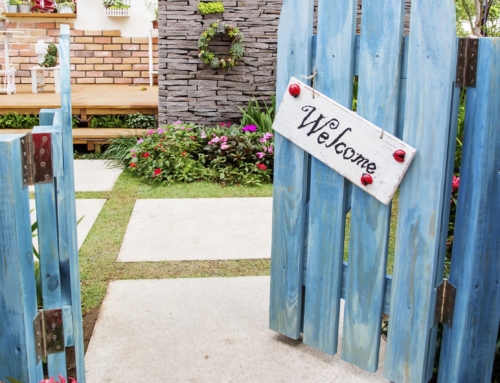Q: I want to refinance my home and use the money to fix up my house. I’d replace my deck, add a screened porch, and either recreate the landscape the front yard or put in a laundry room.
My credit score is around 800. I am 58 and plan on working until at least 62, but will most likely need to work all the way to 65 or 66. At that point I want to sell my house and travel for a few years, then move close to my brothers and buy a small house on a lake or river so we can fish through old age.
What kind of loan would be right for my situation? I have looked at a 30-year fixed rate mortgage and also looking at a 30-year loan that would be interest-only for 10 years, but would require me to pay off the principal over the next 20 years.
Of course, I probably won’t be living in the house by then. Shall I choose the interest-only loan? I have approximately $500,000 in my 401(k) but will need the proceeds from the home sale to buy the lake house near my brothers.
A: An interest-only loan can be a good idea for someone who wants to preserve cash (for whatever reason) and who already has plenty of equity built up in his or her property. You qualify on both counts.
Whether you do a cash-out refinance (or take out a home equity loan or line of credit, which may be less expensive), preserving your cash flow is an important thing to consider. Paying only the interest will save you something each month, but perhaps not as much as you expect.
That’s because in the beginning of a mortgage, just a tiny percentage goes toward paying down the loan balance. That shifts over the next 10 to 12 years (on a 30-year amortization schedule), where you begin to pay roughly equal amounts of principal and interest (and your tax write-off begins to dwindle). In the latter stages of your loan, you’ll pay very little interest, because your payment will almost entirely go toward paying off the balance of the loan.
Let’s look at your timeframe. You’re 58 years old, and plan to work until you’re 66. That’s 8 years. If you get a mortgage that’s interest-only for the first 10 years, you’re covered until you move (provided you stick to your original timeframe). In the meantime, you’re improving your property which should add value. You may have to do more to your home to put it into selling shape, but that’s down the line.
How much will you actually save each month on a $200,000 interest-only loan at 6.7 percent? Your monthly interest payment would be $1,116.67 and your principal payment would be $173.89 on a standard 30-year amortization. If you’re not charged a higher interest rate for an interest-only mortgage, you should save about $2,100 per year.
If you put this money away for the next 7 years, you should have more than $16,000 in the pot, depending on how you invest the cash. I’m not sure if this is enough for you to travel the world for a few years, but hopefully the value of your home will continue to appreciate and when you sell you’ll have enough cash to pay for your retirement dreams.






Leave A Comment